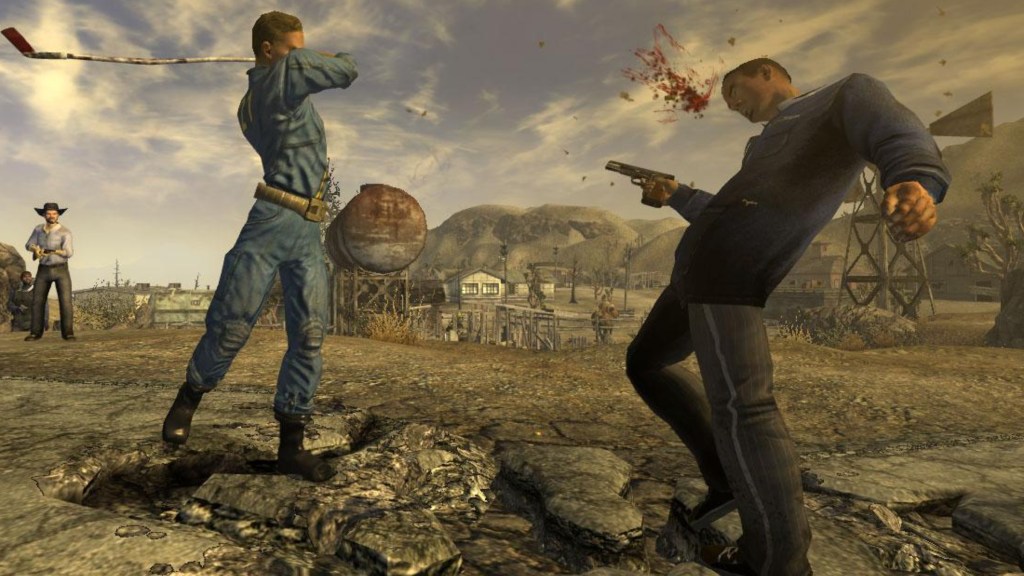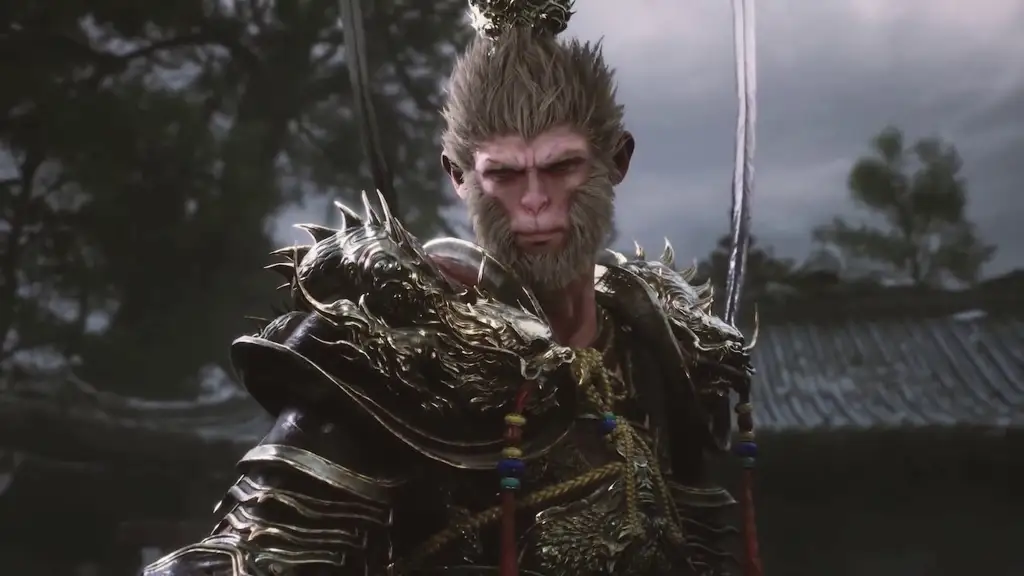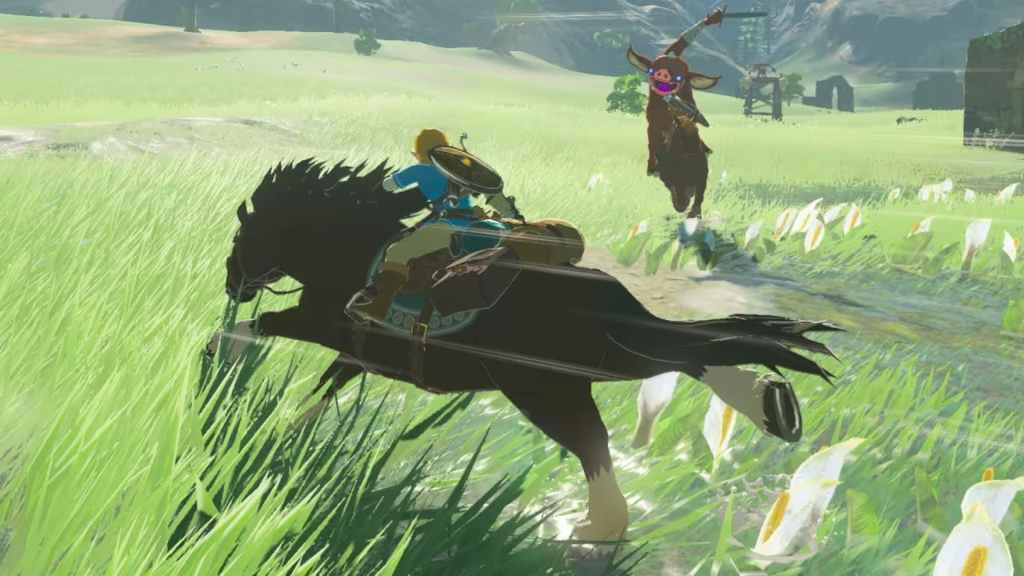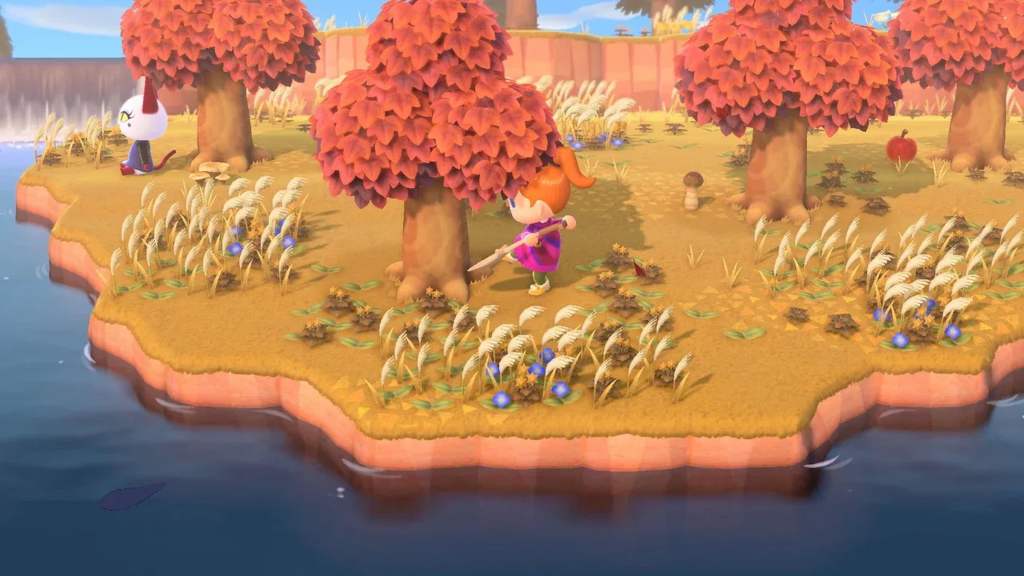Video games are often elevated to untouchable heights, in the eyes of the industry, by a combination of hype, nostalgia, and fan devotion. Some titles are worshipped as masterpieces even when the reality is more mundane, and a chorus of praise can make minor flaws seem not even there. Players remember the fleeting moments of wonder or the clever writing, and suddenly the game is enshrined as a classic among classics. In truth, all that glitters is not gold.
Videos by ComicBook.com
The truth is that popularity and acclaim do not always mean genuine quality. Many beloved games are praised more for the idea of what they could be or for the timing of their release than for their actual mechanics and long-term engagement. When examined closely, issues like shallow gameplay or technical shortcomings often emerge. Too often, players conflate charm with true design mastery, and the result is a title prompt up on a pedestal, its praise sung throughout the games. Let’s take a critical look at a selection of widely adored titles whose legendary status may be more a matter of perception than reality.
4. Fallout: New Vegas

Fallout: New Vegas is frequently treated as a pinnacle of narrative-driven RPG design, and some will argue it is beyond reproach. Its branching storylines and memorable factions certainly leave an impression. The promise of meaningful choice and a living, breathing world entices fans to wax poetic about its brilliance. Quests often allow for multiple approaches and the post-apocalyptic setting feels richly imagined. In theory, it is everything an RPG should be, a game that offers hours of engrossing role-playing and moral decision-making.
In practice, the game is a jumbled, precarious mess. Technical instability runs rampant, with bugs and glaring glitches marring the experience. Combat is clunky and unpolished, leaving players struggling with mechanics that feel decades old. Quests sometimes break if minor bugs occur, and navigating the world can be more frustrating than engaging. The reverence for New Vegas is mostly about the ideas it presents rather than the execution. For those willing to look beyond nostalgia, the game is less a flawless classic and more a cult favorite held together by charm and ambition. Its legendary status is built on the promise of what it could be rather than what it actually is. Also, it’s just Fallout 3 again, with some extra paint.
3. Black Myth: Wukong

Black Myth: Wukong has been hailed as the next landmark in action gaming, with visuals so striking they make other games feel dated. Its cinematic boss fights and mythological setting suggest a level of grandeur that few titles dare to touch. Players were dazzled by trailers and early footage, anticipating a revolutionary experience with deep mechanics and innovative systems. Hype surrounding this game is enormous, painting it as an unmissable evolution of the soulslike genre.
If you take a step back from the spectacle, the illusion quickly fades. Combat is surprisingly shallow, offering minimal build variety and little incentive for strategic experimentation. Boss encounters, while dramatic, repeat patterns that grow predictable over time. Exploration, though visually stunning, does not reward players with meaningful discovery, and the supposedly deep mechanics do little to differentiate one encounter from the next. Black Myth: Wukong is undeniably ambitious in many meaningful ways, yet the substance does not match the hype. The game is entirely overrated, praised more for appearances than for any revolutionary gameplay, and it serves as a reminder that visuals and marketing can create legends before a game actually earns them.
2. The Legend of Zelda: Breath of the Wild

Breath of the Wild is hailed as the revolutionary open-world experience that redefined a generation of gaming. Its departure from the traditional Zelda formula is endlessly cited as evidence of its genius. Players are encouraged to explore every nook and cranny, experiment with physics-driven puzzles, and tackle challenges in creative ways. The game rewards curiosity and discovery, and its sense of scale is unmatched in many contemporary open-world titles.
Yet the supposed freedom is largely an illusion crafted via smoke a mirrors. Combat is simplistic and outright annoying at times, lacking any real critical depth, leaving players to rely on repetitive strategies for victory. Weapon durability interrupts exploration and becomes more frustrating than engaging, forcing constant inventory management instead of allowing uninterrupted adventure. Many areas of the world, while scenic, feel empty or recycled, and the mechanics fail to deliver on the promise of a fully open and reactive environment. Breath of the Wild is undeniably ambitious as well, yet its reputation overshoots what it actually achieves in play. Its legendary status owes as much to the perception of The Legend of Zelda series and a romanticized idea of freedom as it does to meaningful mechanical innovation.
1. Animal Crossing: New Horizons

Animal Crossing: New Horizons is treated as the quintessential comfort game, a global phenomenon whose charm is near-universal. Its social appeal, endless customization options, and aesthetic design created a cultural moment that seemed untouchable. Launching at a time when players craved comfort and connection, it became an instant cultural touchstone. Fans praise it as a life-altering experience, a title capable of soothing stress while providing endless creativity and social engagement.
In reality, the game is charming but astonishingly shallow. Daily tasks such as gathering resources, fishing, and decorating quickly become monotonous, and there is little meaningful progression or long-term engagement. Seasonal events, while cute, rarely alter the loop in a significant way, and social interaction is mostly a veneer rather than a source of gameplay depth. Much of what is used to customize your abode in the game cannot even be used in its traditional function. In truth, most placeables are static and are there only to look at. Its legendary reputation owes more to perfect release timing hype than to enduring gameplay quality. New Horizons is delightful in small doses, no doubt, but it does not deserve the pedestal many have placed it on, and it stands as a cautionary example of how popularity can elevate style over substance.
What do you think? Leave a comment below and join the conversation now in the ComicBook Forum!









